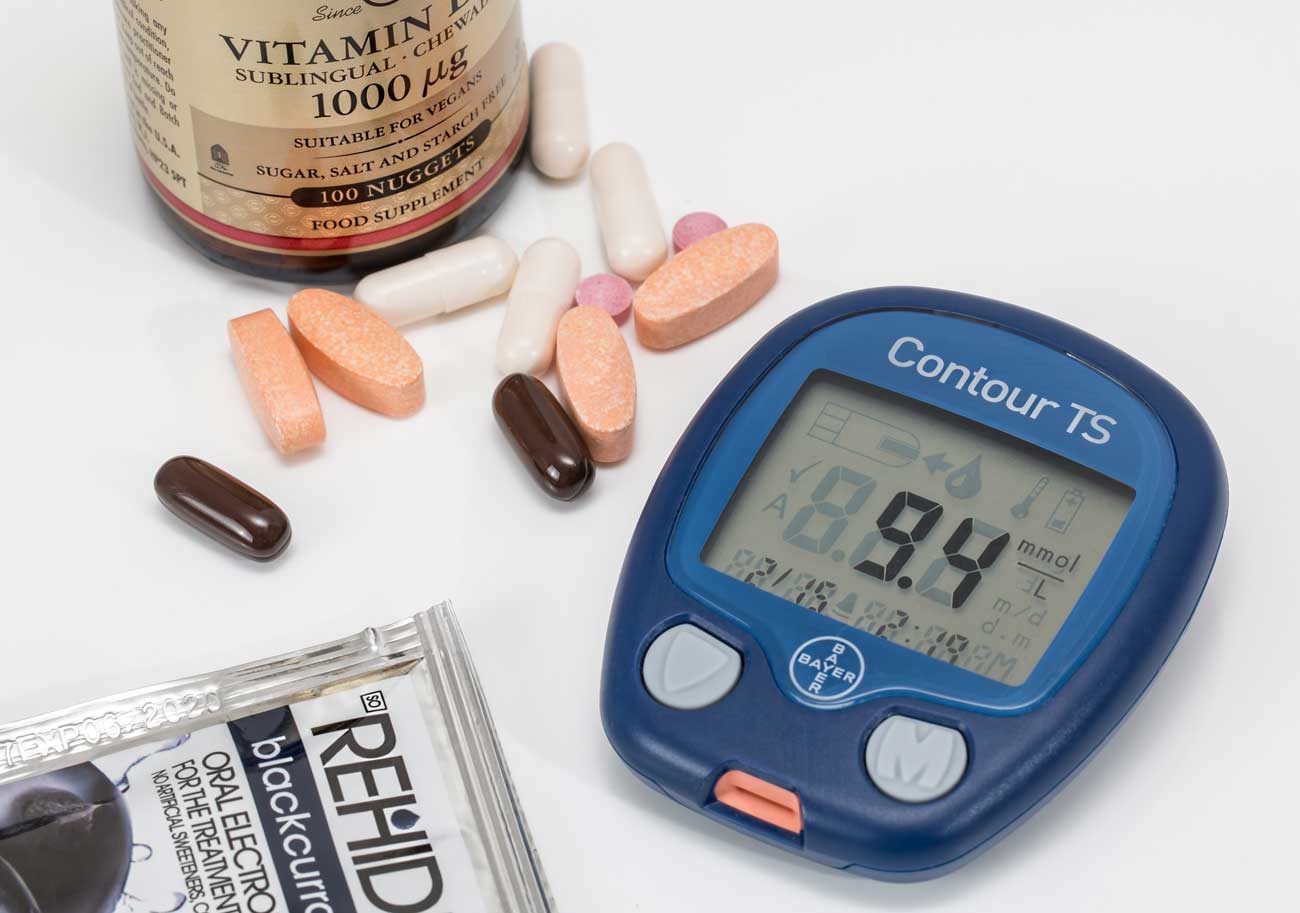
The Role of Dietary Supplements in Managing Diabetes
Diabetes is a chronic metabolic disorder characterized by high blood sugar levels. While a healthy diet and lifestyle are essential for managing diabetes, some individuals may consider incorporating dietary supplements into their regimen to support their overall health and glucose control. In this article, we will explore several dietary supplements that have shown promise in diabetes management. However, it is important to note that dietary supplements should not replace prescribed medications or medical advice, and consulting with a healthcare professional is crucial before adding any new supplements to your routine.
1. Alpha-Lipoic Acid (ALA):
ALA is a potent antioxidant that has been studied for its potential benefits in diabetes management. It has shown promising results in improving insulin sensitivity and reducing oxidative stress. Some studies suggest that ALA may help lower blood sugar levels and improve neuropathy symptoms in individuals with diabetes. However, further research is needed to establish its long-term efficacy and safety.
2. Omega-3 Fatty Acids:
Omega-3 fatty acids, particularly eicosapentaenoic acid (EPA) and docosahexaenoic acid (DHA) found in fatty fish and fish oil supplements, have been associated with various health benefits. They have shown potential in reducing inflammation, improving lipid profiles, and reducing the risk of cardiovascular complications in individuals with diabetes. Including fatty fish in your diet or taking omega-3 supplements may be beneficial, but moderation and consultation with a healthcare professional are recommended.
3. Magnesium:
Magnesium is an essential mineral involved in numerous biochemical reactions in the body, including glucose metabolism. Studies have suggested a link between magnesium deficiency and an increased risk of developing type 2 diabetes. Supplementation with magnesium may improve insulin sensitivity and glucose control. However, it is important to note that excessive magnesium supplementation can have adverse effects, so it is best to consult with a healthcare professional to determine appropriate dosage.
4. Chromium:
Chromium is a trace mineral that plays a role in insulin signaling and glucose metabolism. Some studies suggest that chromium supplementation may enhance insulin action and improve blood sugar control in individuals with type 2 diabetes. However, more research is needed to confirm its effectiveness. High doses of chromium may have adverse effects, so professional guidance is advised.
5. Cinnamon:
Cinnamon, a popular spice derived from the bark of trees, has been studied for its potential benefits in diabetes management. Some research suggests that cinnamon supplementation may help lower fasting blood sugar levels and improve insulin sensitivity. However, the results have been mixed, and the optimal dosage and long-term effects of cinnamon supplementation require further investigation.
6. Milk Thistle:
Milk thistle (Silybum marianum) is a flowering herb that has been used for centuries in traditional medicine for various health purposes. One area of interest is milk thistle and diabetes. Milk thistle holds potential as a natural supplement for managing diabetes, thanks to its antioxidant, anti-inflammatory, liver-protective properties, and potential effects on blood sugar control and lipid profiles.
Conclusion:
While some dietary supplements show promise in diabetes management, it is important to approach them with caution. They should not replace a balanced diet, regular exercise, and prescribed medications. Consulting with a healthcare professional is crucial to determine the appropriateness, dosage, and potential interactions of any dietary supplement for your specific health condition. Diabetes management should always be approached comprehensively, and lifestyle modifications remain the foundation of effective treatment.
Medical Advice Disclaimer
DISCLAIMER: THIS WEBSITE DOES NOT PROVIDE MEDICAL ADVICE
I am not a doctor. The information, including but not limited to, text, graphics, images and other material contained on this website are for informational purposes only. No material on this site is intended to be a substitute for professional medical advice, diagnosis or treatment. Always seek the advice of your physician or other qualified health care provider with any questions you may have regarding a medical condition or treatment and before undertaking a new health care regimen, and never disregard professional medical advice or delay in seeking it because of something you have read on this website.



